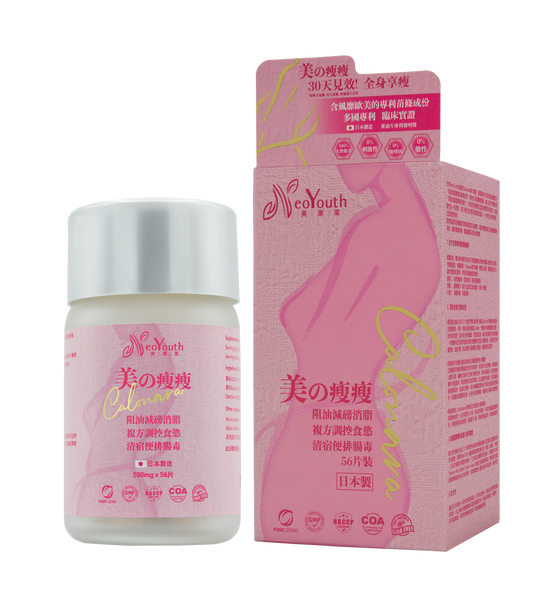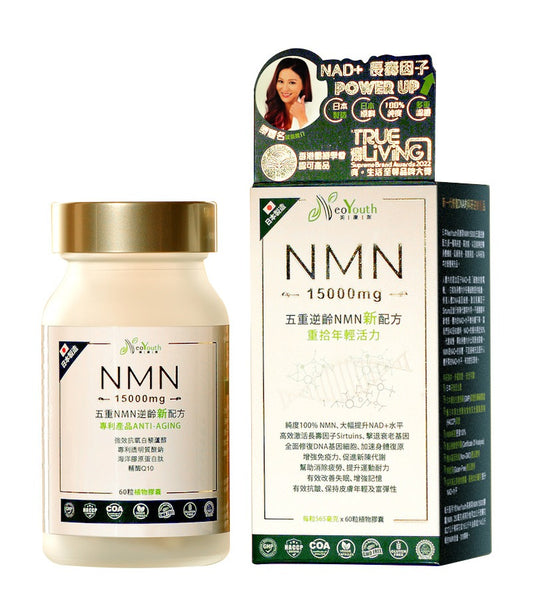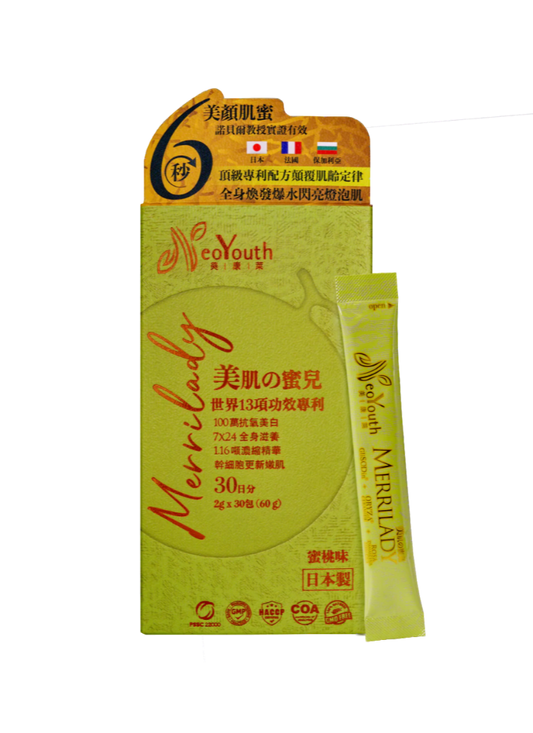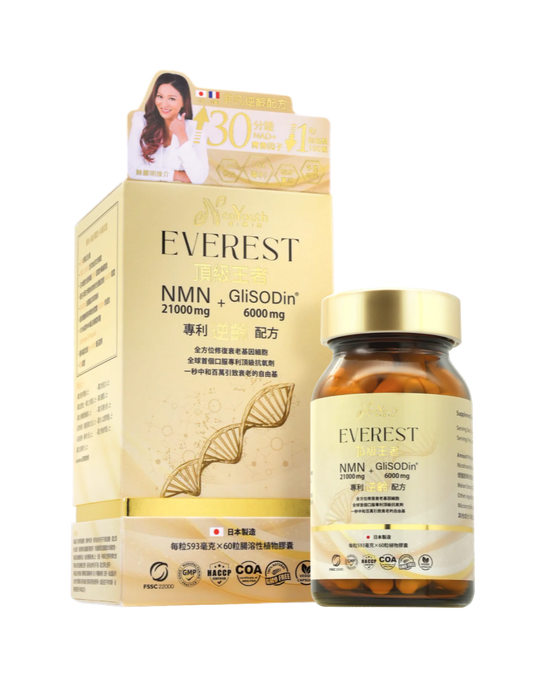Sensitive and red skin is a common problem for many people, especially during Hong Kong's fluctuating seasons, periods of high stress, or when skincare is inadequate. This article will integrate expert insights and clinical experience to help you understand the causes, symptoms, and effective strategies for improving sensitive skin.
Is your skin sensitive and prone to redness a real problem, or do you have sensitive skin?
Hong Kong's humid weather makes summers unbearably hot and winters damp and cold, causing many people to experience skin sensitivity and redness during seasonal changes. However, if the redness persists, you may have sensitive skin.
There isn't a precise medical definition for sensitive skin, but it generally refers to a skin condition that overreacts to external stimuli. It can be caused by either genetic or acquired factors. Common symptoms of sensitive skin include facial redness, burning sensation, dryness, peeling, itching, and stinging. These symptoms often worsen after using skincare products containing irritating ingredients, experiencing stress, or facing changes in weather.
Understanding common causes of sensitive skin
Sensitive skin can be caused by a variety of reasons, generally involving two main categories of factors: genetics and environment. Here are some common causes of sensitive skin:
- Genetic factors
Some people are born with thin skin and a poor skin barrier function, making their skin more susceptible to external stimuli. For example, atopic dermatitis is a hereditary disease in which patients' skin barrier function is impaired, making them prone to skin inflammation and sensitivity.
- Environmental factors
Frequent exposure to chemicals, extreme weather (such as cold or heat), air pollution, and sun exposure can all cause skin to become sensitive.
- Improper skin care
Using overly harsh skincare products, such as those containing fragrances, alcohol, or other irritating chemicals, can damage the skin barrier and increase skin sensitivity.
- Lifestyle
High levels of stress and an unbalanced diet can also affect skin health, leading to sensitive skin.
What are some ways to improve sensitive skin?
To improve sensitive skin, we can start with daily habits to rebuild healthy skin. For example, pay attention to the following aspects:
- Choose suitable skincare products
- Proper cleaning method
- Lifestyle adjustments
- Regular diagnosis
Skin care strategy from the inside out
Improving redness on sensitive skin requires patience and continuous attention to the causes of sensitivity. Besides carefully selecting topical skincare products, consider taking natural internal supplements to nourish your skin from the inside out. Merrillady (6-Second Beauty Elixir) from Japan combines revolutionary triple-care ingredients with a perfect golden ratio of three nationally recognized scientific formulas. Clinically proven, it provides all-day, highly effective skin nourishment and rejuvenation, continuously offering hydration, brightening, anti-inflammation, and protection against 1 million times the amount of oxidation, maintaining youthful and firm skin. The product contains three top-tier ingredients: GliSODin®, a French patented honeydew melon extract "super enzyme SOD"; Oryza Ceramide®, a Japanese patented ceramide (ceramide or ceramide); and a high-concentration extract of Bulgarian Damask rose stem cells. These natural ingredients effectively combat free radical-induced dehydration, fine lines, sagging, and dullness, strengthen the skin barrier, improve skin tone, promote epidermal cell regeneration, and enhance the skin's resistance to UV rays, making it the top choice for healthy skin.





